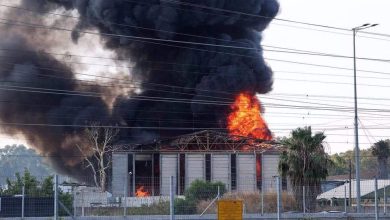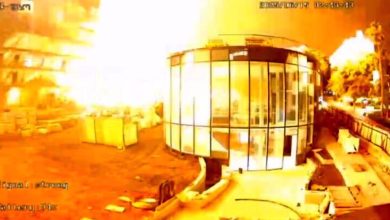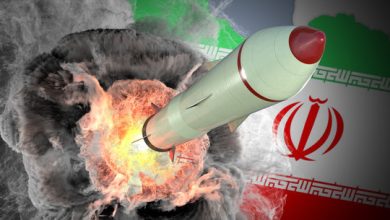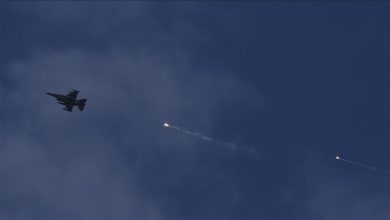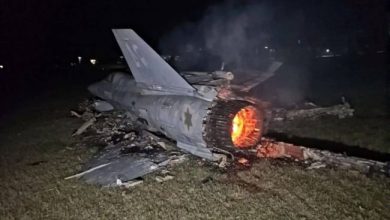The Israeli military acknowledges shortcomings in the defense of the Kfar Aza settlement
An internal investigation conducted by the Israeli military has disclosed significant shortcomings in the defense of the Kfar Aza settlement amid Palestinian forces' Operation Al-Aqsa Flood on October 7, 2023.

The report underscored significant coordination and communication challenges faced by Israeli occupation forces deployed to the settlement, resulting in delays in responding to the 250 Palestinian fighters participating in the attack.
In a recent development, it has been revealed that six operatives from the Al-Qassam Brigades successfully entered the heart of the Kfar Aza settlement utilizing motorized paragliders, managing to evade detection. Israeli forces were only able to reestablish control over the settlement the next morning, following the withdrawal of the Palestinian fighters back to Gaza.
In addition, Israeli airstrikes in the vicinity of Kfar Aza were reported to have minimal influence on altering the course of the conflict.
Israeli Channel 14 has characterized the investigation’s findings as just the “tip of the iceberg,” hinting at a significant military oversight. The channel indicated that a mere 10% of the identified failures have been made public, suggesting that the remaining details are too startling to be disclosed at this time.
The report further highlighted that this shortcoming was not limited to the incidents of October 7, but had developed over the past ten years, becoming deeply rooted within the Israeli military establishment.
The Military Intelligence Directorate of the occupying force, known as Aman, has conceded that despite thorough investigations, it still does not possess a complete understanding of the armed factions operating in Gaza. High-ranking intelligence officials have recognized that the military engaged in conflict in the south without a clear and comprehensive assessment of its adversaries—an unsettling revelation that sheds light on why Hamas continues to be active.
The Israeli military has concluded its investigation, acknowledging a substantial failure in preventing the attacks on settlements near Gaza on October 7.
An official summary released to the media revealed an acknowledgment by the occupying forces of their shortfall in fulfilling their primary responsibility to safeguard Israeli settlers. The report detailed that the military’s Gaza Division was overpowered during the initial stages of the assault, enabling Palestinian resistance factions to gain territorial control.
A high-ranking official within the Israeli military acknowledged that the armed forces had exhibited “overconfidence” and significantly underestimated Hamas’ capabilities prior to the recent assault.
The investigation has revealed that the attack unfolded in a tripartite assault, mobilizing an estimated 5,000 fighters. The initial phase featured more than 1,000 elite Hamas commandos advancing under the protective umbrella of intense artillery support. This was followed by a subsequent wave comprising 2,000 additional combatants. The final phase saw several hundred fighters advancing alongside thousands of civilians.
Settlers from Kfar Aza have expressed strong criticism of the army’s report, contending that it did not adequately address critical security lapses.
Concerns have been raised regarding the credibility of an investigation helmed by an individual with direct involvement in the events of October 7.
In response to the report’s findings, settlers voiced their indignation, criticizing the document for simply outlining the events of the morning during the attack without providing an explanation for the escalation of circumstances to a devastating degree.
The investigation fails to examine the breakdown in security measures, instead highlighting the alleged arrogance and negligence within the military ranks, according to sources. Their frustration remains palpable as they reflect on the incidents of that day.
A settler expressed shock and disbelief upon learning of the operational conduct of the Israeli army, describing it as lacking leadership and control. “The details are hard to comprehend,” the settler remarked. “We felt a sense of abandonment, as if we had been left to face danger on our own.”
In the wake of the events that transpired on what has been termed ‘Black Saturday,’ settlers are demanding that the military and political leaders at the helm during the incident be held fully accountable and tender their resignations.

